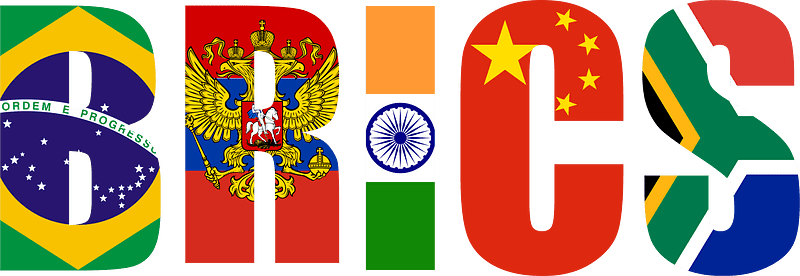War Economic Blocs | NAFTA x European Union x BRICS | Nominal GDP (1960-2027)
NAFTA (North American Free Trade Agreement), the European Union (EU), and BRICS (Brazil, Russia, India, China, and South Africa) are not war economic blocs or military alliances, but rather economic and trade-related groupings. Here's a brief overview of each:
NAFTA: NAFTA was a trilateral trade agreement signed in 1994 between the United States, Canada, and Mexico. Its primary objective was to eliminate trade barriers and promote economic integration among the member countries. NAFTA created a free trade area by removing tariffs and reducing restrictions on the movement of goods, services, and investments. However, as of July 1, 2020, NAFTA has been replaced by the United States-Mexico-Canada Agreement (USMCA), which modernized and updated the terms of the original agreement.
European Union (EU): The European Union is a political and economic union of 27 European countries. It was established to promote peace, stability, and economic cooperation among its member states. The EU operates as a single market with the free movement of goods, services, capital, and people within its borders. It also has a common trade policy and a common currency, the Euro, used by 19 member countries. The EU's aim is to foster economic growth, ensure fair competition, and strengthen political and social ties among its members.
BRICS: BRICS is an acronym for the association of five major emerging economies: Brazil, Russia, India, China, and South Africa. The BRICS countries are characterized by their large populations, significant economic growth, and influence in regional and global affairs. The primary objective of BRICS is to enhance cooperation and promote economic development among its members. While BRICS is not a formal trade agreement, its members engage in discussions on various economic issues, such as trade, investment, and financial cooperation.
It's important to note that while NAFTA and the EU are regional trade agreements, BRICS is a grouping of emerging economies with the aim of fostering economic cooperation and dialogue. These groupings have had a significant impact on trade, investment flows, and economic integration among their member countries, contributing to their respective regional and global economic landscapes.

